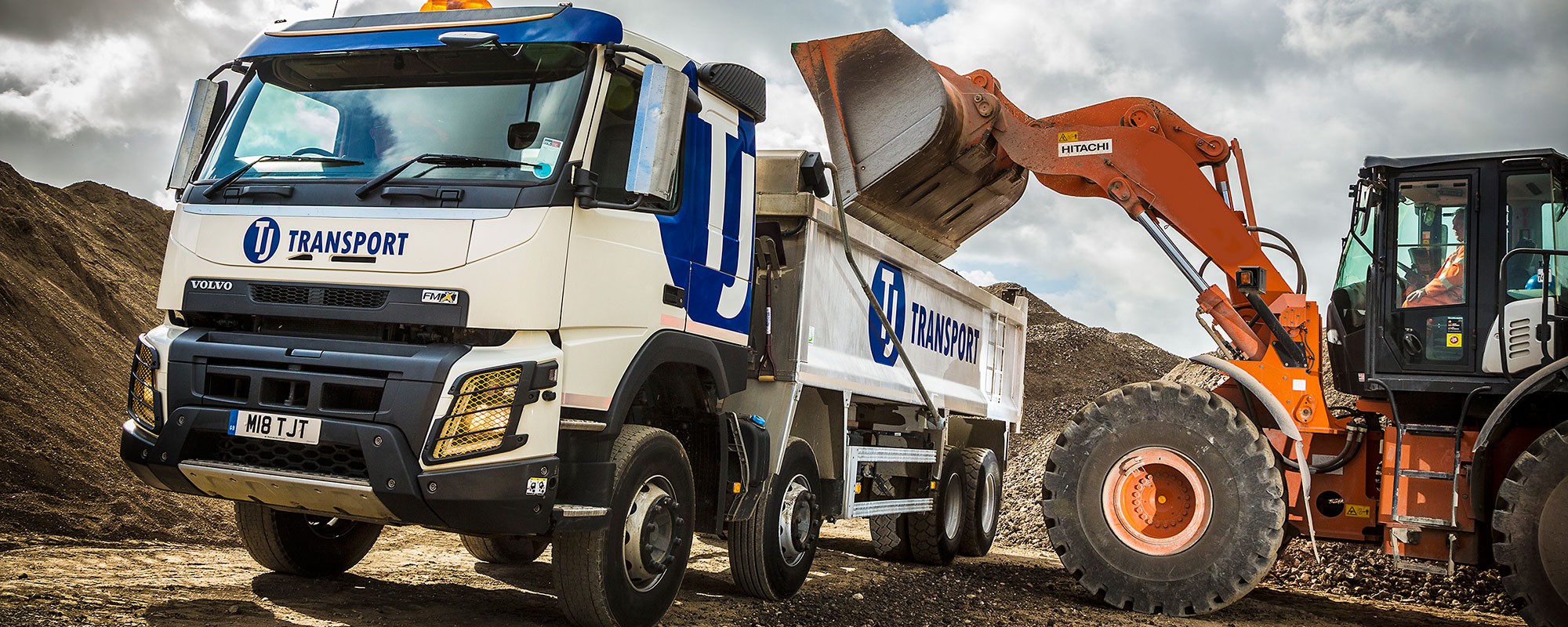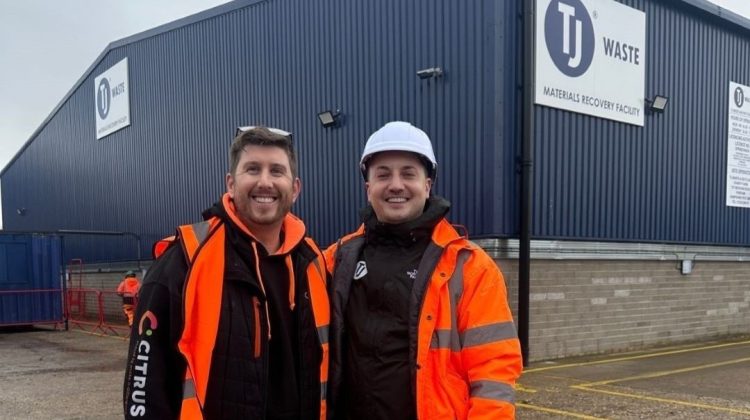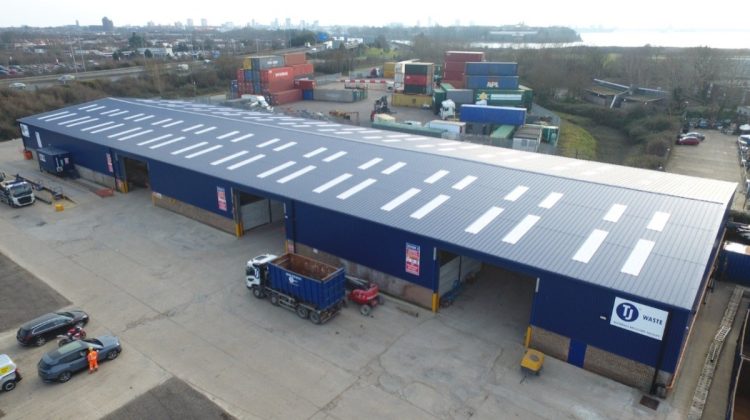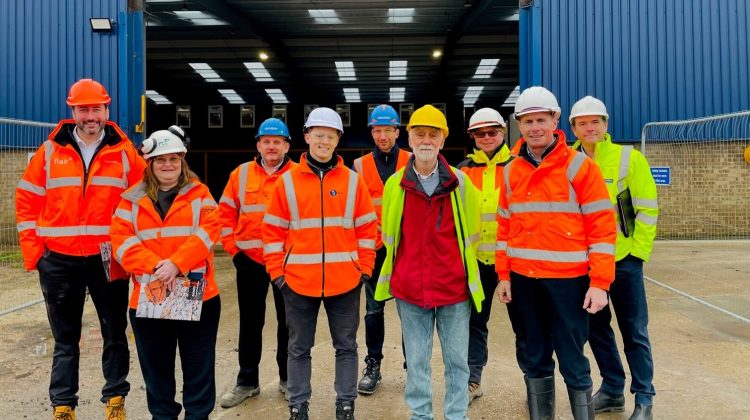Change your stored postcode to update prices for your location.

Many happy returns – TJ is celebrating its 20th anniversary with record numbers of staff, vehicles, customers and orders.
The waste management specialist, whose blue-and-white truck branding is familiar to motorists across the South, was founded in 1995 by Terry ‘TJ’ Higgins.
That year he took the entrepreneurial plunge and struck up on his own under the TJ nickname that had been given to him – without rhyme or reason – at previous employer HT Hughes to avoid confusion with another senior colleague called Terry.
Since then the business has transformed into a major player employing 200 people, with 145 mixed-use trucks and 3,000 commercial clients, from blue-chip companies to sole traders.
Terry, the chairman, said: “I didn’t have any aspirations to build a dynasty or some enormous conglomerate, I just wanted to pay off the mortgage with a manageably-sized family firm, simple as that.
“I started off with a telephone, a portable cabin and one lorry. Then, as the haulage business came in and word got around that we were reliable and competitively priced, I bought four lorries and employed seven people.
“I had promised my wife Lynne, who is also a director, that I wouldn’t expand past 10 lorries but we’ve now got a fleet of 145, so I’m hoping she’s forgotten what I said to her!”
He added: “The growth of TJ is down to a dedicated staff and a firm belief that customer service is paramount, whether it’s delivering aggregates at 3am for highway improvements to collecting recyclable waste from an office or factory or welcoming commercial trades at our various materials recovery facilities across the South.
“We haven’t done anything clever – just employed good people. I’m loving every moment and here’s to the next 20 years.”
All licensed by the Environment Agency, Fareham-based TJ also operates a number of materials recovery facilities in the South.
Sites include Southampton, Portsmouth and near Ringwood, on the Hampshire-Dorset border, as well as in West Sussex.
Upwards of 85% of materials are recycled, instead of going into landfill, including skip waste such as rubble, wood, plastic and metal.
Also sorted at the sites are materials collected in local rounds by TJ from offices, factories, shops, garages, schools, local authorities, residential and nursing homes.
In a separate development, the independent has also kitted out an initial 20 vehicles, from tipping trailers to roll-on roll-offs, with a 360-degree detection camera system.
Each costing £1,200, they further improve safety for road users and the cab drivers by eliminating blind spots and ensuring real-time video evidence.
TJ is also aiming to be among just 200-plus companies in the UK with silver status in the highly-regarded Fleet Operator Recognition Scheme (FORS).
Currently the firm is among 2,700-plus companies with bronze accreditation.
Meanwhile companies involved in the laying of roads and pavements are ordering in a recycled aggregate made by TJ.
The product – branded Reclamix® and registered as a trademark with the Intellectual Property Office – is regarded as a cost-effective and environmentally-friendly alternative to other sub-base materials.
Following research and development, TJ has already sold more than 50,000 tonnes.
As well as being trademarked, the Department of Transport has approved Reclamix® as a type one primary aggregate replacement.
Britain’s Waste & Resources Action Programme – WRAP – also approved the product, which is a quality-controlled screened and graded mix of recycled and primary aggregates.
Reclamix® is created at TJ’s crushing plant at Portfield, Chichester, West Sussex.
Concrete brought in from hauliers across the country is taken to the facility before being processed to meet intensive industry demand for recycled aggregates.
Britain’s waste management sector reportedly contributes £5.5 billion to the economy, employing 140,000 people.
Government figures indicate that the cost of dealing with general and commercial waste typically accounts for 4% of a company’s turnover.




Change your stored postcode to update prices for your location.
Notifications